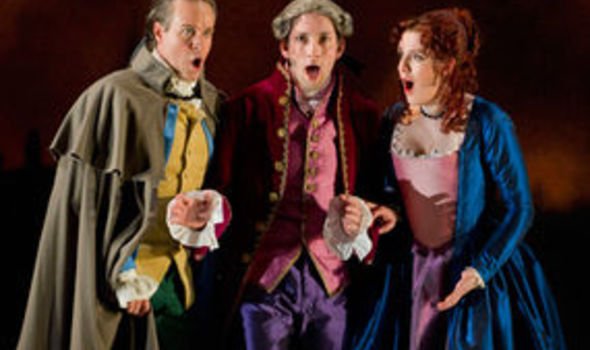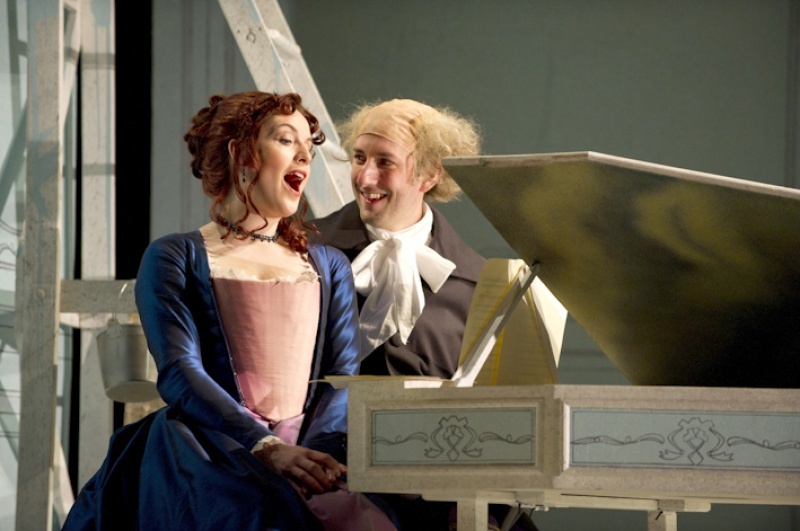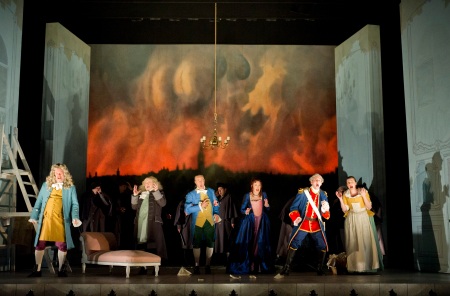English Touring Opera's new production of Barber of Seville is traditional with a twist
English Touring Opera’s spring season for 2012 is one of its strongest in recent years, consisting of two fine yet simple operatic roadshows. Alongside a revival of James Conway’s Eugene Onegin, memorable for its haunting symbolism, there’s a new and refreshingly straightforward Barber of Seville in which the director Thomas Guthrie aims for eye-catching clarity.
Traditional with a twist – bearded “ladies” suggest that Figaro will never lack for customers – the Rossini is costumed in period. Yet for all the attractive airiness of Rhys Jarman’s mint-green sets, it is the panache of the performers that will doubtless win new audiences on this long national tour.
A strongly communicative cast makes the case against surtitles by delivering David Parry’s translation with a clarity that compels the audience to sit up and listen.
Kitty Whately, last year’s Kathleen Ferrier Award laureate, is winningly cast here as a feisty Rosina. Her compact mezzo is glinting throughout its range. Nicholas Sharratt is similarly strong as Count Almaviva, with a plangent tenor capable of negotiating even “Cessa di più resistere” with pleasing ease – albeit slightly telescoped, as the long opera is wisely snipped here and there.
Grant Doyle’s Figaro, Andrew Slater’s Bartolo and Alan Fairs’s Basilio all display good comic timing. Paul McGrath’s conducting may have been a little measured on the first night at the Hackney Empire, but musical values are high.
ETO, to May 25, www.englishtouringopera.org.uk
This review also appears in Seven magazine, free with the Sunday Telegraph
Follow SEVEN on Twitter @TelegraphSeven
Link to original review here
ETO, to May 25, www.englishtouringopera.org.uk
This review also appears in Seven magazine, free with the Sunday Telegraph
Follow SEVEN on Twitter @TelegraphSeven
Link to original review here













